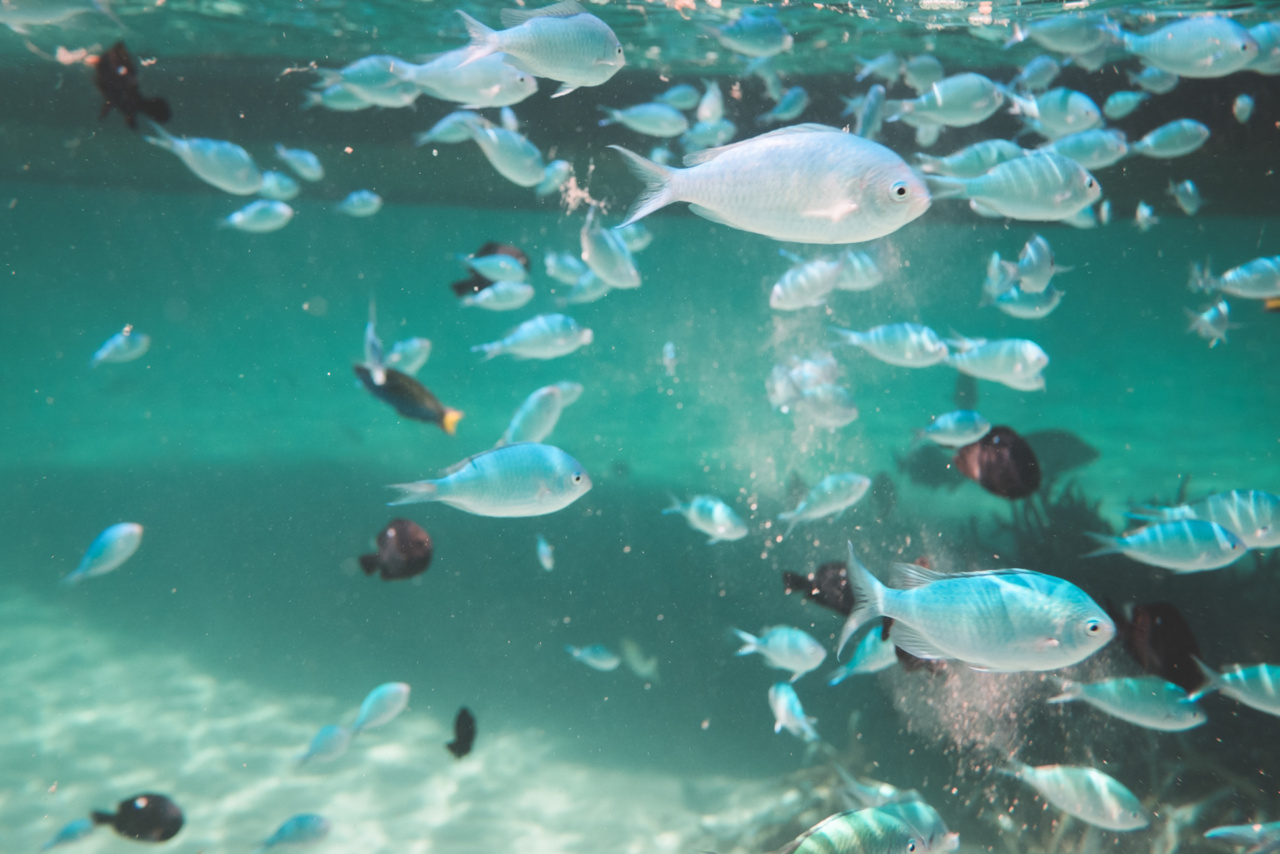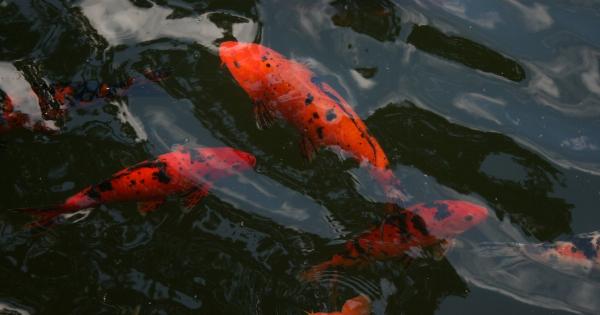Fish is generally regarded as a healthy and nutritious source of food. It is rich in protein, omega-3 fatty acids, vitamins, and minerals.
However, there are concerns about certain fish species that may contain carcinogenic substances, which are substances that have the potential to cause cancer. In this article, we will explore some fish species that have been found to contain carcinogens and discuss the potential risks associated with their consumption.
1. Farmed Salmon
Farmed salmon is a popular choice among seafood lovers due to its rich flavor and versatility. However, studies have shown that farmed salmon may contain high levels of polychlorinated biphenyls (PCBs) and dioxins, which are known to be carcinogenic.
These contaminants are often found in the feed given to farmed salmon and can accumulate in their fatty tissues.
2. Swordfish
Swordfish is a large predatory fish that can accumulate high levels of methylmercury, a toxic substance that can be harmful to humans, especially pregnant women and children.
Methylmercury has been classified as a possible human carcinogen by the International Agency for Research on Cancer (IARC).
3. Shark
Similar to swordfish, shark is a long-lived predatory fish that has high levels of methylmercury. The potential carcinogenicity of shark meat is a concern for regular consumers of this fish species.
4. King Mackerel
King mackerel is a popular fish for recreational fishing, but it is also known to contain high levels of mercury, which can have carcinogenic effects on humans.
Ingesting elevated levels of mercury over time can increase the risk of developing certain types of cancer.
5. Gulf Coast Oysters
Oysters are generally considered a healthy choice, but oysters harvested from the Gulf Coast may contain high levels of polycyclic aromatic hydrocarbons (PAHs).
These PAHs are formed when oil, gas, or coal is burned and can be present in the sediments where oysters grow. Some PAHs have been identified as potential carcinogens.
6. Catfish
While catfish is often praised for its lean protein content, it is important to be mindful of its source.
Catfish from certain polluted waters may contain toxins and pollutants, such as dioxins and PCBs, which have been associated with an increased risk of cancer.
7. Imported Shrimp
Imported shrimp have raised concerns due to the potential presence of antibiotics, pesticides, and other contaminants.
Although the carcinogenic risks associated with imported shrimp are not fully understood, it is advisable to opt for locally sourced shrimp to reduce the potential exposure to harmful substances.
8. Eel
Eel is a popular delicacy in many cuisines, particularly in Asian countries. However, eel can accumulate high levels of mercury, which poses a potential risk for cancer development.
It is advised to limit the consumption of eel, especially for vulnerable populations.
9. Atlantic Bluefin Tuna
Bluefin tuna is a prized fish in sushi and sashimi dishes; however, this species can contain high levels of mercury due to its predatory nature.
As mercury is a known carcinogen, consuming Atlantic bluefin tuna in large quantities may increase the risk of developing cancer.
10. Canned Tuna
Canned tuna is a pantry staple and an affordable source of omega-3 fatty acids. However, it is important to note that some varieties of canned tuna, such as albacore tuna, can contain higher levels of mercury compared to other types.
Moderate consumption is generally considered safe, but frequent consumption of high-mercury tuna may pose potential risks.






























